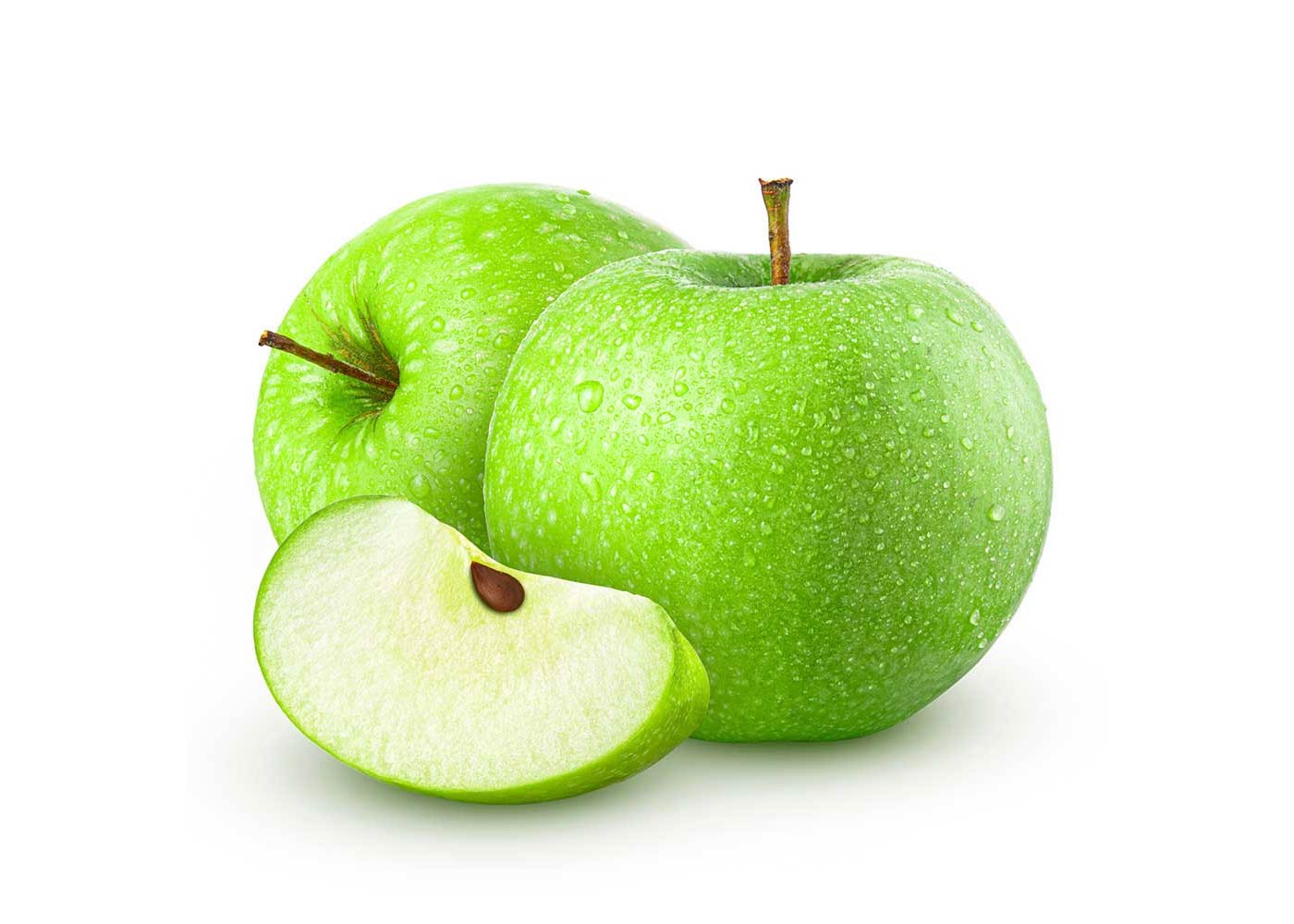Carbs play a crucial role in muscle mass gain, providing energy and emotional sustenance that fuels determination to push boundaries and conquer new heights. They are not just nutrients, but also the vibrant threads weaving endurance and resilience into every fiber of your being. Carbs, from whole grains to fruits, are a declaration of your commitment to not just building muscles but fostering a profound connection with your body. Embrace the emotional significance of carbs, as they are not just fuel but the empowering force that turns your muscle mass gain diet plan journey into a symphony of strength, endurance, and unwavering resolve. In this post, we will explore the benefits of including carbs in your muscle mass gain diet, the types of carbs to focus on, how carbs help in building muscle mass, optimal carb intake, carb timing for maximum muscle gain, carb cycling, choosing the right carb sources, and the role of carbs in muscle recovery and repair.

Benefits of Including Carbs in Your Muscle Mass Gain Diet
There are several key benefits to including carbs in your
muscle mass gain diet:
Carbs provide energy for your workouts and help fuel your
muscles: Carbohydrates are the body's preferred source of energy, especially
during high-intensity exercise. Including carbs in your diet ensures that you
have enough fuel to power through your workouts and maximize muscle
stimulation.
Carbs aid in recovery and repair of muscle tissue after
intense exercise: When you engage in intense exercise, your muscles undergo
small tears and damage. Carbs help in the repair and rebuilding process by
providing the necessary energy and nutrients.
Carbs can help promote anabolic hormone production, which is
essential for muscle growth: Anabolic hormones such as insulin play a crucial
role in muscle growth and repair. Carbs stimulate the release of these hormones,
allowing for optimal muscle development and recovery.
Carbs reduce muscle protein breakdown, allowing for greater
muscle gain: In addition to promoting anabolism, carbs also have anti-catabolic
properties. They help prevent the breakdown of muscle proteins, allowing for a
net gain in muscle mass.
Carbs improve glycogen stores, which are necessary for sustained energy during high-intensity training: Glycogen is the storage form of glucose in your muscles and liver. Consuming carbs ensures that your glycogen stores are replenished, providing you with the necessary energy for intense training sessions.

Types of Carbs to Include in Your Muscle Mass Gain Diet
When it comes to building muscle mass, not all carbs are
created equal. Including the right types of carbs in your diet can provide
sustained energy, improve digestion, and enhance muscle recovery. Here are some
important types of carbs to include:
1. Complex Carbs
Complex carbs, such as whole grains, oats, and brown rice,
provide a steady release of energy over time. They are perfect for fueling your
workouts and ensuring sustained energy throughout the day.
2. Simple Carbs
Simple carbs, like fruits and honey, are quickly absorbed by
the body and provide immediate energy during intense workouts. They are ideal
for a quick energy boost and can be consumed before or during training
sessions.
3. Starchy Carbs
Starchy carbs, such as potatoes and legumes, are important
for replenishing muscle glycogen stores after intense exercise. These carbs are
essential for recovery and preparing your body for the next workout.
4. Fiber-Rich Carbs
Including fiber-rich carbs like vegetables and beans not
only improves digestion but also enhances nutrient absorption. These carbs
provide essential vitamins, minerals, and antioxidants that support muscle
growth and overall health.
5. Low Glycemic Index Carbs
Opt for carb sources with a low glycemic index (GI) to avoid
blood sugar spikes. Low GI carbs, such as whole grains and sweet potatoes,
provide a slower release of energy and help maintain stable blood sugar levels.
By including a variety of these carb sources in your muscle mass gain diet, you can optimize your energy levels, support muscle growth, and enhance overall performance.

How Carbs Help in Building Muscle Mass
Carbs play a crucial role in building muscle mass and
facilitating muscle growth. Here are some ways that carbs contribute to your
muscle-building goals:
1. Providing Energy: Carbs are your body's primary source of
energy, especially during intense workouts. They supply the necessary fuel to
lift heavier weights and stimulate muscle growth.
2. Stimulating Insulin Release: Carbs trigger the release of
insulin, a hormone that is essential for muscle protein synthesis. Insulin
helps transport amino acids into muscle cells, promoting muscle growth and
repair.
3. Aiding in Nutrient Absorption: Carbs enhance the absorption
of amino acids into muscle cells, allowing for effective muscle protein
synthesis. This process is crucial for building and repairing muscle tissue.
4. Preventing Muscle Catabolism: Carbs serve as an alternative
energy source, preventing muscle breakdown. When your carb intake is adequate,
your body doesn't have to break down muscle tissue for energy.
5. Aiding in ATP Production: Carbs are necessary for the production of adenosine triphosphate (ATP), which is the energy currency of cells. Having sufficient ATP enables muscle contraction, supporting your workouts.

Optimal Carb Intake for Muscle Mass Gain
The optimal carb intake for muscle mass gain depends on
individual factors such as body weight, activity level, and metabolism. While
there is no one-size-fits-all approach, you can use the following guidelines as
a starting point:
• A general guideline is to consume 2-3 grams of carbs per
pound of body weight per day.
• Divide your carb intake evenly throughout the day to
maintain steady energy levels.
• Adjust your carb intake based on your progress and goals,
consulting with a nutritionist if needed.
• Experiment with different carb intake levels to find what works
best for your body and performance.
Remember that individual needs may vary, so it's essential to listen to your body and make adjustments accordingly. Consulting with a nutritionist or registered dietitian can also provide personalized recommendations for your specific goals and requirements.

Carb Timing for Maximum Muscle Gain
Timing your carbohydrate intake can make a significant
difference in your muscle gain goals. Here are some tips for optimizing carb
timing:
• Consuming carbs before workouts can provide a readily
available energy source for intense training sessions.
• Consuming carbs post-workout can enhance muscle glycogen
replenishment and protein synthesis.
• Consuming carbs with protein post-workout can further
enhance muscle recovery and growth.
• Timing carb intake around high-intensity training sessions
can optimize muscle fueling.
• Carb timing may vary based on individual preferences and digestive tolerance.

Carb Cycling for Muscle Mass Gain
• Carb cycling involves alternating between high and low carb
days to manipulate nutrient partitioning and optimize muscle gain.
• On high carb days, you consume a higher amount of
carbohydrates to provide sufficient energy for intense workouts and muscle
growth.
• On low carb days, you reduce your carbohydrate intake to
promote fat burning and improve insulin sensitivity.
• Following a carb cycling plan that suits your goals and
preferences is important. Consulting with a nutritionist can help you create a
personalized carb cycling approach.
• Experiment with different carb cycling approaches to find what works best for your body and performance.

Choosing the Right Carb Sources for Muscle Mass Gain
When it comes to choosing the right carb sources for your
muscle mass gain diet, it's important to prioritize whole, unprocessed options.
These carb sources offer maximum nutrient content and overall health benefits.
Here are some tips to help you make the right choices:
1. Focus on whole, unprocessed carb sources: Opt for foods like
whole grains, fruits, vegetables, and legumes. These options are rich in fiber,
vitamins, minerals, and antioxidants.
2. Choose carb sources with a high protein content: Some carb
sources, such as quinoa and lentils, also offer a good amount of protein. This
can aid in muscle growth and recovery.
3. Prioritize complex carbs: Complex carbs like whole grains,
oats, and brown rice provide sustained energy and improved satiety compared to
simple carbs.
4. Include a variety of carb sources: Don't rely solely on one
type of carb. Incorporate a variety of options to ensure a balanced nutrient
intake and to prevent boredom.
5. Consider individual tolerances and preferences: Everyone's
body is different, so it's important to listen to how your body responds to
different carb sources. Choose options that you enjoy and that work well for
you.
By choosing the right carb sources, you can ensure that you're providing your body with the necessary nutrients for muscle mass gain while also supporting your overall health and well-being.

The Role of Carbs in Muscle Recovery and Repair
Carbohydrates play a vital role in the process of muscle
recovery and repair. Here are some ways in which carbs contribute to this
important aspect of muscle growth:
1. Glycogen replenishment: Carbs are the primary source of
energy for muscles. After a strenuous workout, your muscle glycogen stores
become depleted. Consuming carbs helps replenish these glycogen stores,
allowing your muscles to recover and prepare for the next workout.
2. Insulin release: Carbs stimulate the release of insulin, a
hormone that aids in muscle protein synthesis. Insulin helps shuttle amino
acids into muscle cells, promoting the repair and growth of muscle tissue.
3. Muscle tissue repair: Carbs are necessary for the repair of
damaged muscle tissue. During intense exercise, muscle fibers can become
damaged. Consuming carbs provides the energy needed for the repair and
synthesis of new proteins, which leads to muscle growth and recovery.
4. Muscle soreness reduction: Consuming carbs after a workout
can help reduce muscle soreness. Carbs aid in glycogen replenishment and
promote proper fluid balance, which can alleviate the discomfort associated
with delayed onset muscle soreness.
5. Optimal energy levels: By replenishing muscle glycogen stores, carbs ensure that you have the necessary energy levels for subsequent workouts. This is vital for maintaining an effective training routine and maximizing muscle gains.

Conclusion
Including carbs in your muscle mass gain diet
is essential for optimizing your muscle growth and overall performance. Carbs
provide the energy necessary for intense workouts, aid in muscle recovery and
repair, promote anabolic hormone production, and reduce muscle protein
breakdown. By including a variety of carb sources in your diet, focusing on
whole, unprocessed options, and adjusting your carb intake based on individual
factors and goals, you can maximize your muscle mass gain potential. Remember
to experiment with carb timing and consider carb cycling to further optimize
your results. With the right carb intake and sources, you can fuel your muscles
and achieve the muscle mass gains you desire.
If you wish to contribute to our blog, please email us on morhadotsan@gmail.com.























